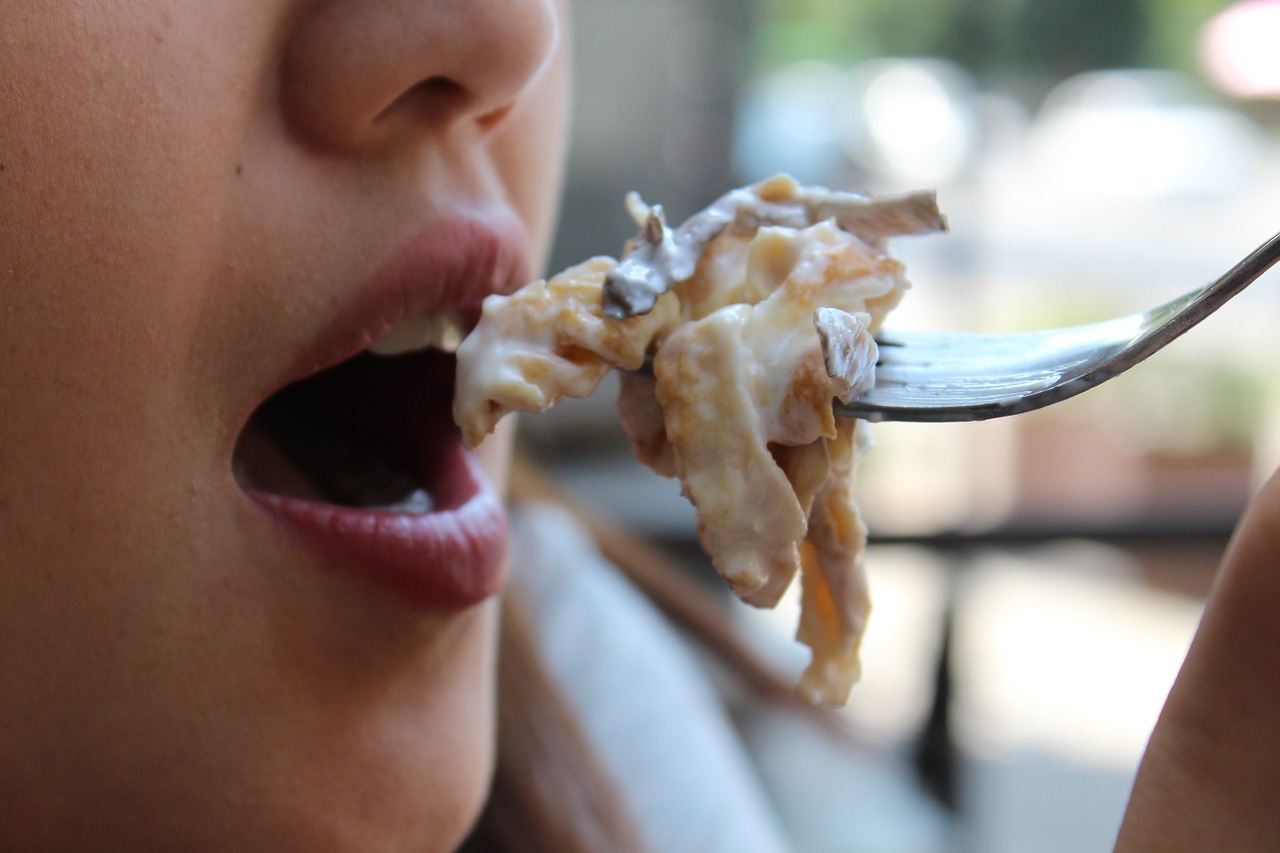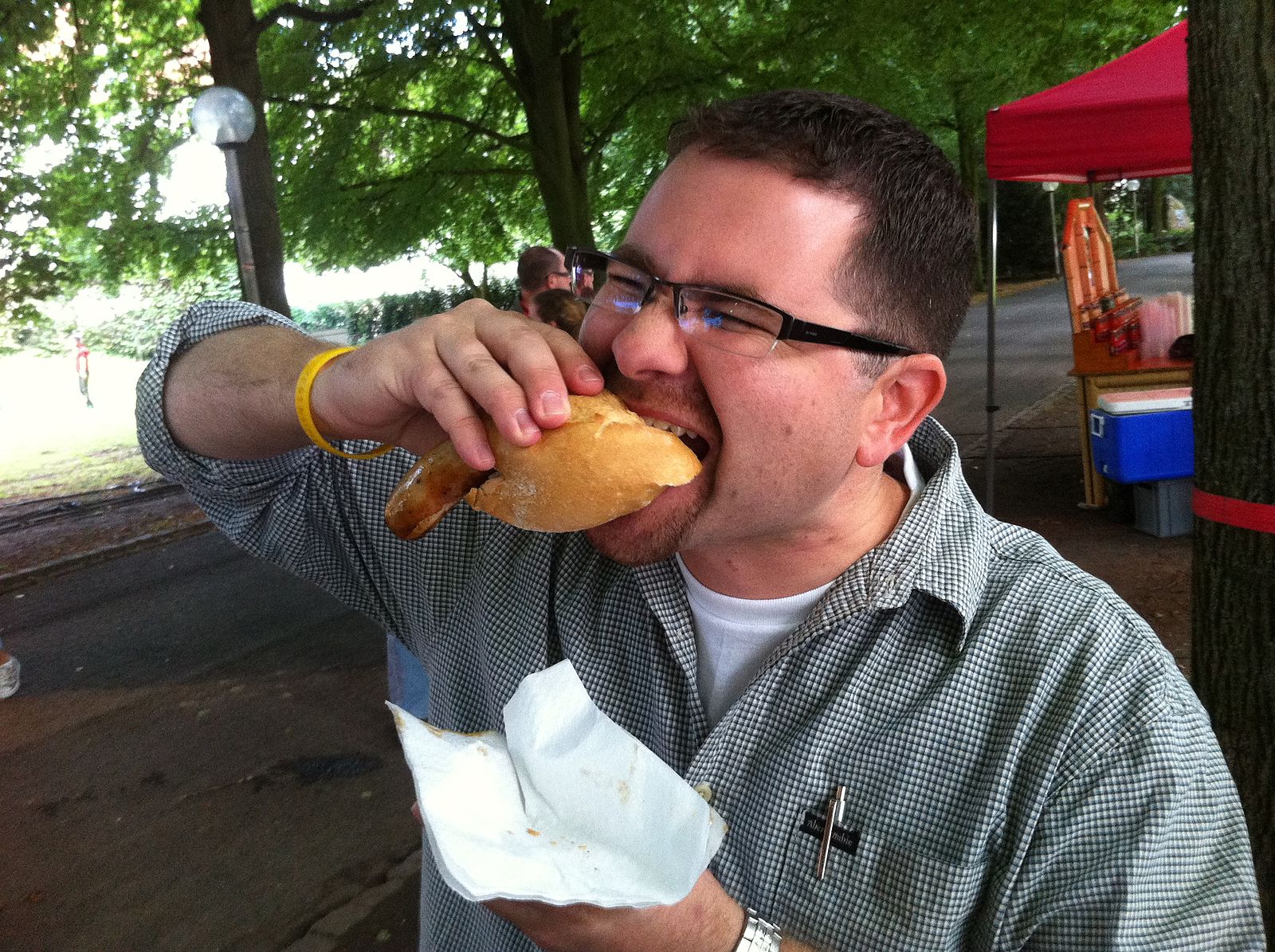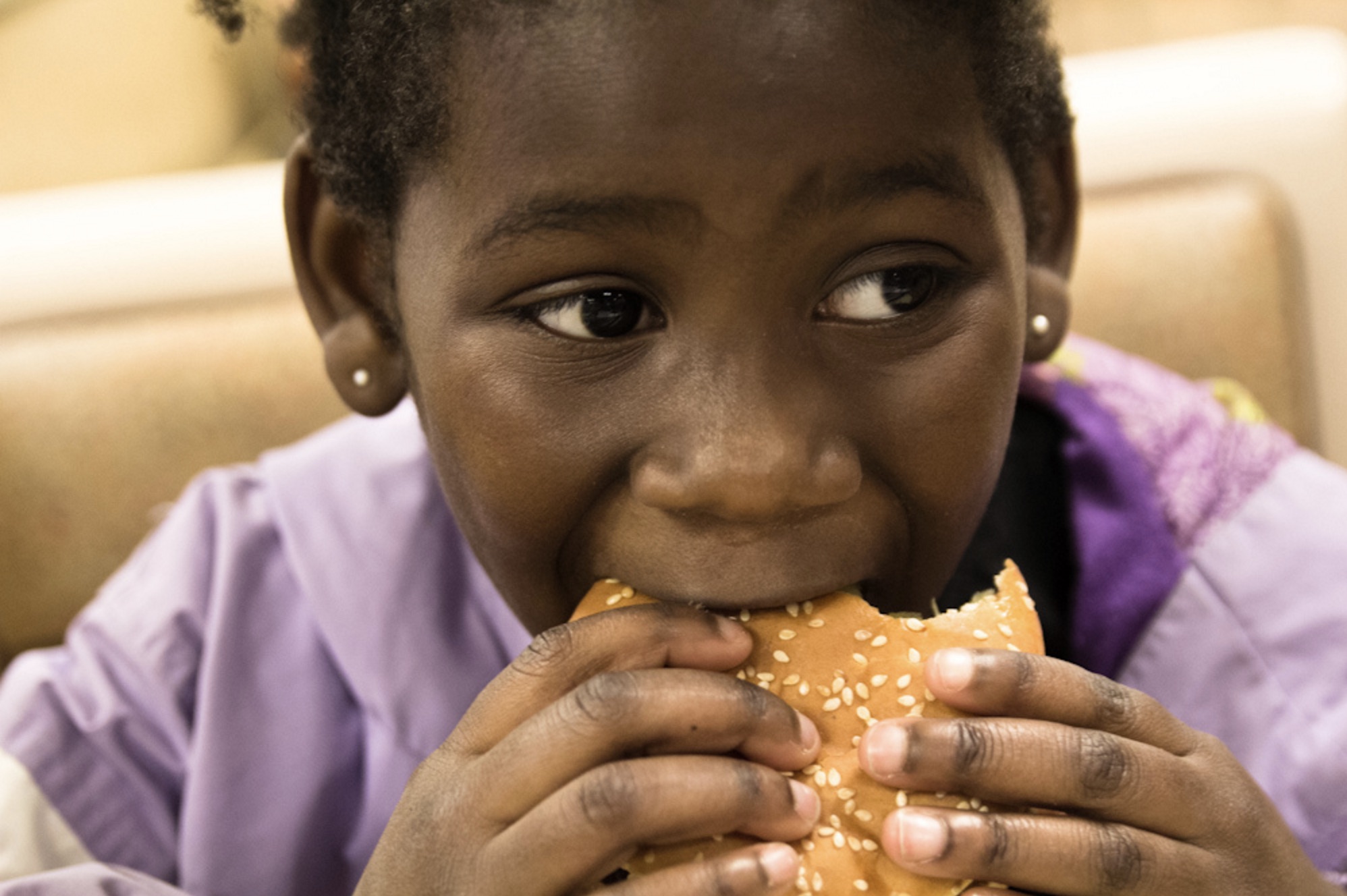Do you get truly angry when you hear other people chewing or breathing loudly? I know I do — it's something I used to always yell at my younger brother about.
I always thought that I was crazy for getting so upset at little noises, but it turns out that I'm not alone. Sounds such as soup slurping, bubblegum chewing, pens clicking, or repeated foot tapping bother a lot of people, and there's actually a scientific reason behind it.
It's called misophonia, a brain abnormality that affects the brain's frontal lobe. Although the term "misophonia" was coined in 2001, many scientists were skeptical about its legitimacy as a disorder.
Recently, though, a report published in the journal Current Biology proved that people with misophonia are neurologically different than non-sufferers.
Scientists found that people suffering from misophonia had changes in brain activity when they heard a "trigger" sound, like chewing or breathing. But what does this mean?
Thumbnail Photo: Wikimedia Commons / Wikimedia Commons
[H/T: Time]

So what exactly is misophonia?
According to Harvard Medical School, misophonia is a condition in which people are emotionally affected by common sounds — like yawning, chewing, snoring, or breathing.
And, they explain, "It is a real disorder and one that seriously compromises functioning, socializing, and ultimately mental health."

Brain imaging found that people with misophonia have an abnormality in their emotional control mechanism.
When they hear "trigger" sounds, their brains go into overdrive.

For the study, researchers used an MRI to measure participants' brain activity as they listened to different sounds.
There were three categories of sounds: neutral (sounds like rain or boiling water), unpleasant (sounds like a person yelling or a child crying), and trigger (sounds like heavy breathing or chewing).

Researchers found that in addition to increased brain activity when presented with trigger sounds, some people with misophonia also had physical responses, like sweating and an increased heart rate.
If you've ever heard someone chewing loudly and felt like you immediately needed to leave the room, that's normal for misophonia sufferers.

While knowing about misophonia may not make any of the symptoms easier to handle, sufferers can at least feel like they aren't alone.
Dr. Sukhbinder Kumar of University College London said, "For many people with misophonia, this will come as welcome news, as for the first time we have demonstrated a difference in brain structure and function in sufferers."

The doctor continued:
Patients with misophonia had strikingly similar clinical features, and yet the syndrome is not recognized in any of the current clinical diagnostic schemes.
This study demonstrates the critical brain changes as further evidence to convince a skeptical medical community that this is a genuine disorder.

Luckily, there is hope for misophonia sufferers.
One of the easiest things to do is block out the bothersome noise — by using white noise, music, or earplugs.
If your misophonia is severe, you can also talk to your doctor about cognitive behavioral therapy.

Do you think you suffer from misophonia?
If you do, please SHARE this article with your friends and family!




